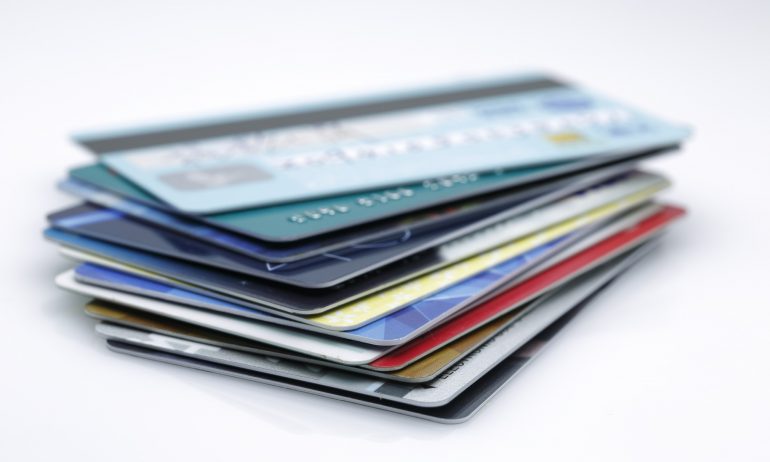CFPB Prepaid Card Rule: How It Affects You

Many or all of the products featured here are from our partners who compensate us. This influences which products we write about and where and how the product appears on a page. However, this does not influence our evaluations. Our opinions are our own. Here is a list of our partners and here's how we make money.
Prepaid debit cards are a popular budgeting tool in addition to being an alternative to checking accounts for many Americans, but historically they haven’t had laws to guard consumers from fraud or loss, among other things.
That has changed thanks to the Consumer Financial Protection Bureau’s rule, which gives prepaid accounts federal protections that already exist for checking accounts and credit cards.
» Want to compare prepaid options? See our list of the best prepaid debit cards
Quick details about the CFPB prepaid card rule
When the rule took effect: April 1, 2019.
Types of prepaid accounts affected: Prepaid debit cards, digital wallets, peer-to-peer transfer apps that hold balances (such as Venmo, PayPal and Square Cash), payroll cards, tax refund cards, government benefit cards.
Types of prepaid accounts not affected: Gift cards, disaster-relief and health- and transit-related cards.
For the rule to fully apply: Cards must be registered in a process similar to opening a bank account. Registering involves providing your personal information to the prepaid company or bank, generally through an online form, to identify the account under your name. Personal information required may include your Social Security number.
For Venmo and other P2P app users: You can find the app’s fees online (here’s Venmo’s disclosure) as well as dispute billing errors or fraudulent charges. In many cases, these features existed before, but now they’re mandated.
Protections for all prepaid debit cards
The new rule aims to treat prepaid debit cards more like checking accounts. This change benefits the many financially disadvantaged Americans who don't have checking accounts and use these cards as a substitute. The rule includes:
Note: If a prepaid account is unregistered, the last two protections above don’t apply. You’ll receive those protections from the point of registration onward.
Protections for prepaid debit cards with credit components
Prepaid debit cards are not credit cards nor do they build a user’s credit history. But some of them let you borrow money through features such as overdraft programs, cash advances or other credit services. The CFPB calls these cards “hybrid prepaid-credit cards” and includes the following rules to regulate them:
Overall, the rules aim to bring more transparency to a prepaid marketplace that’s been criticized for taking advantage of the unbanked and other financially vulnerable consumers.
On a similar note...
Find a better savings account
See NerdWallet's picks for the best high-yield online savings accounts.
⏰ Limited-time offer
4.60%
With $0 min. balance for APY
$400
Limited-time offer
Up to $300 cash and $100 in rewards points. Terms apply.



